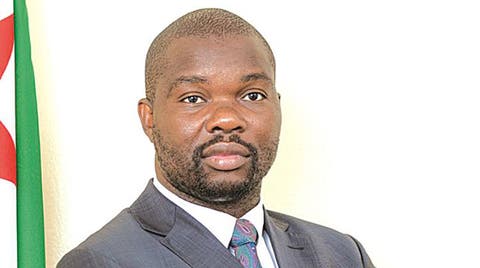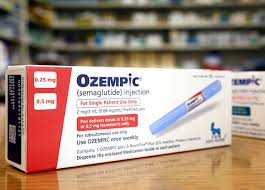Wedza—A cholera outbreak has hit the backyard of Wedza South member of parliament and Youth, Sports, Culture and Recreation deputy minister, Tinoda Machakaire.
NewsHub has established that, by last week, four people had d!ed of suspected cholera while at least 40 more cases were reported at a rural clinic located in Machakaire Village where the deputy minister hails from.
All the d*aths occurred recently in a short space of time.
This publication also discovered that the majority of the villagers in Ward 12, Gonese, where all the de@ths have occurred rely mostly on untreated water drawn from the Ruzawe stream that runs through several villages in the area.
Factors driving cholera include poor sanitation and stool contaminated drinking water.
Community health workers said all the four people who succumbed to cholera were directly related to Machakaire who is also a well-known transporter.
Reports of the surge in cholera cases and deaths in the area followed the burial of Machakaire’s uncle, whose funeral was attended by a big number of mourners.
The reported suspected cholera de$ths in Machakaire Village account for close to 50 percent of the 9 cumulative fatalities in Mashonaland East province as of 21 March 2024, according to Health ministry updates.
Cholera sitrep 21 March 2024. Ministry of Health
The health workers who spoke to NewsHub on condition of anonymity say the 40 cases were reported in a short space of time too, adding that the spike in cholera cases was unprecedented.
According to the Health ministry cholera situation report of 21 March, Mashonaland East had one of the highest numbers of reported cases.
It recorded six cases in a day and that was higher than other former hotspots such as Budiriro and Highfields in Harare that recorded four each, Mbire in Mashonaland Central with two, Chitungwiza (two) Marondera (one) and Buhera (three).
It could not be immediately established if the Mashonaland East caseload reflected the Machakaire Village increase.
While the sources partly blame the surge on the use of river water by the locals, they also suspect that villagers from nearby villages have brought the disease to Gonese.
The area is located along the Wedza-Buhera highway.
Official statics show that Buhera—some 100km from Gonese—has been among the hotspots since the current cholera wave started early last year.
And villagers from nearby communities like Romusiri in the Rusape district in Manicaland province are forced to cross the highway to Gonese to seek medical help at the rural clinic that serves many nearby areas.
By last week, the clinic workers in Gonese had pitched tents to attend to the rising complaints related to cholera, overwhelming the staff in the process.
“The sudden presence of the increased number of patients at the clinic will trigger a rise cholera cases in the village,” said a health worker.
When contacted for a comment, Machakaire said he was about to get into a meeting and promised to call back and speak about the cholera situation in his area.
“What is the issue? I am about to enter into a short meeting and I will call you back to talk about that matter,” he said.
Machakaire, however, did not call back and subsequently ignored repeated voice calls and a Whatsapp message sent to him.
Zimbabwe had, as of 24 March 2023, recorded 29, 914 suspected cholera cases and 2, 809 confirmed cases and 71 deaths.
The first case of cholera that triggered the current outbreak was recorded in Chegutu, Mashonaland West, on 12 February last year and cases have steeply increased and spread to all the 10 administrative provinces.
The country has suffered repeated cholera outbreaks, with the worst having occurred in 2008, k*lling an estimated 4,000 people.










